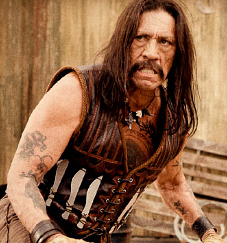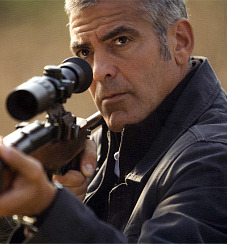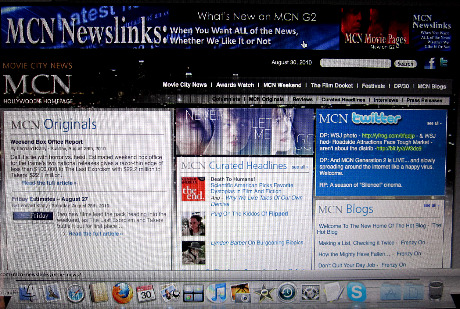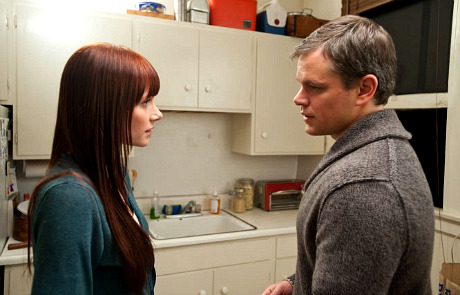Another no-laugh-funny “comedy”, although I grin every time I think back on it. Director Frank Perry really knew how to convey that lackadaisical ’70s thing — casually hip and born to swagger. Every character was a “character” in this film. Eccentric, imaginative, unsettled, peculiar. (Megan Fox would fit right in if somebody were to try an exact remake.) Those muttering scenes between Harry Dean Stanton (Curt) and Richard Bright (Burt) were classic. I would have films like this again.
Rancho Deluxe was shot in and around Livingston, Montana, which I visited in the late ’90s. Livingston (the home of novelist/Rancho Deluxe screenwriter Thomas McGuane) was a very cool place to live back then, and I’m thinking that Rancho Deluxe may qualify as one of those films that may have been a bit more fun to make than it was to watch (although it’s certainly an enjoyable sit).
McGuane’s career in the early to mid ’70s has been described as the period in which he became known as “Captain Berserko” in which he authored screenplays for Rancho Deluxe, The Missouri Breaks (’76), starring Jack Nicholson and Marlon Brando; and McGuane’s foray into directing with the film version of 92 in the Shade ’75).
From his Wiki bio: “The excesses of those years are reflected – though hardly in full – by McGuane’s tumultuous affair with actress Elizabeth Ashley (captured in voyeuristic detail in her memoir, Actress), his divorce from his first wife Becky Crockett, (who went on to marry Peter Fonda) his marriage to actress Margot Kidder, the birth of their daughter, Maggie (herself an author), and by his second divorce, all in the span of less than a year.”
From Richard Eder‘s 11.24.75 N.Y. Times review: “Rancho DeLuxe is handsome, witty, apt and languid. It is so cool it is barely alive. First-rate ingredients and a finesse in assembling them do not quite make either a movie or a cake. At some point it is necessary to light the oven.”
“Oh, give me a home, with a low interest loan. A cowgirl and two pickup trucks. A color TV, all the beer should be free. And that, man, is Rancho Deluxe.”






